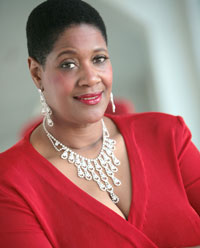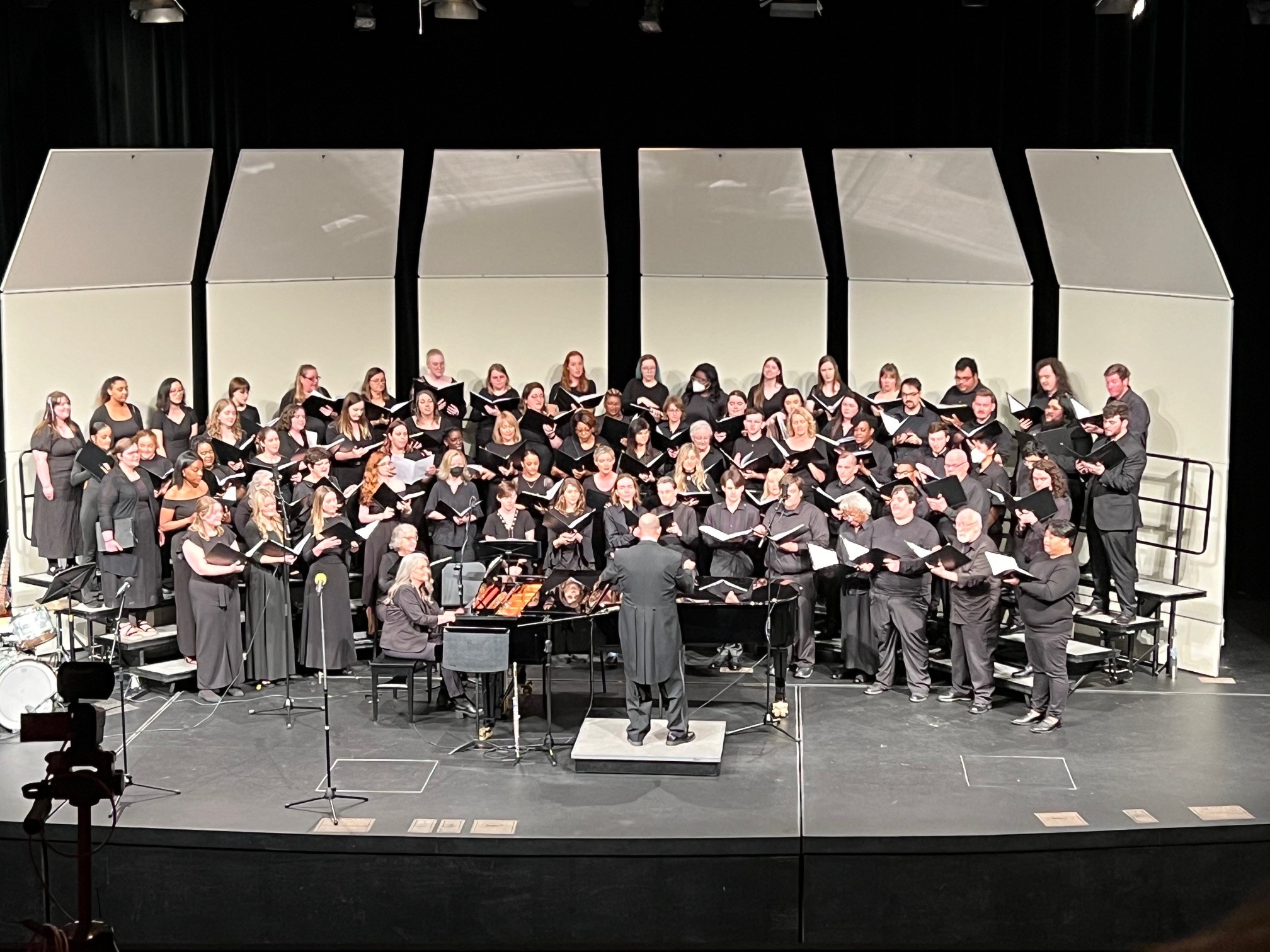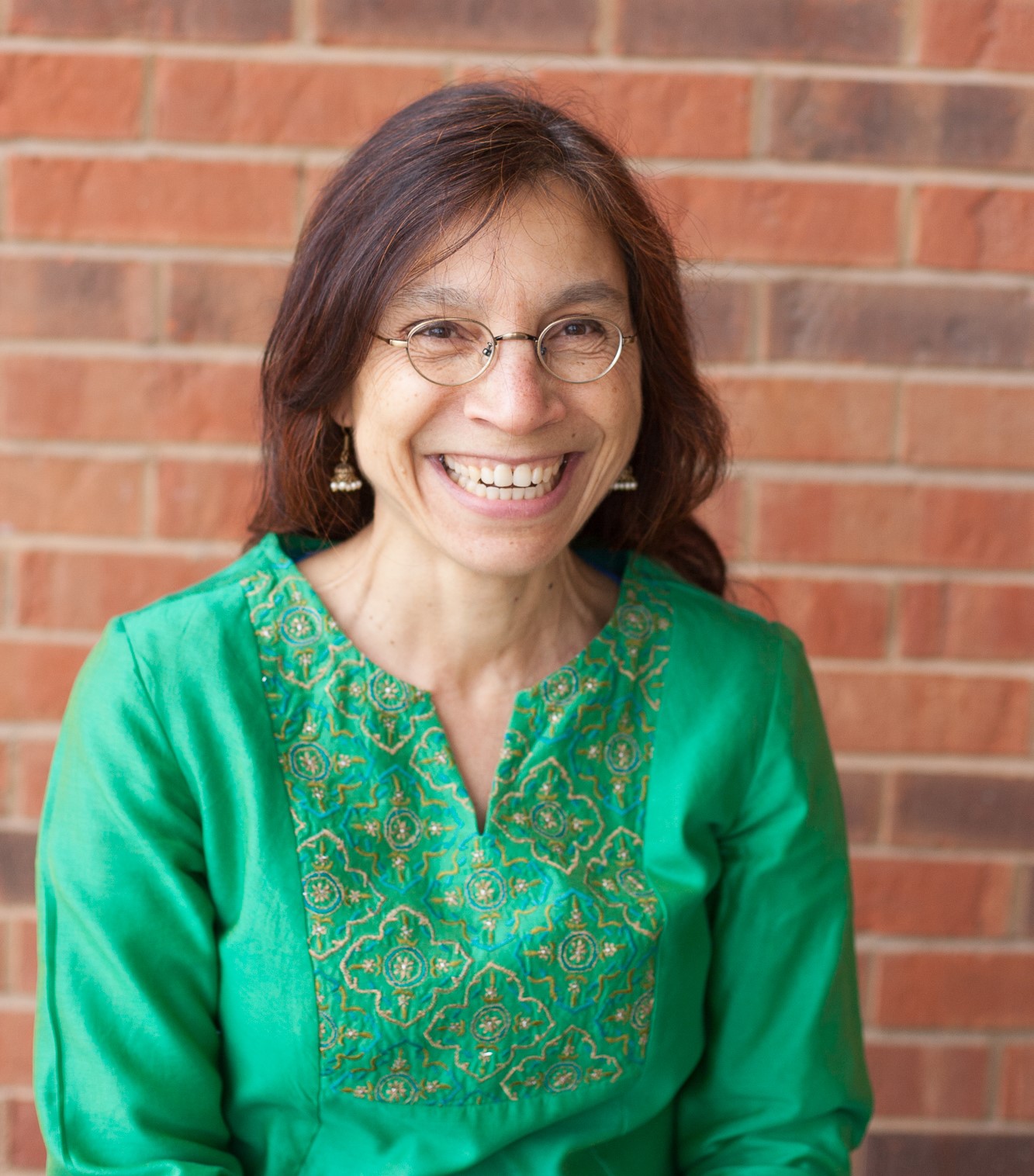From STLCC-Meramec to The World Stage Performance Gallery and back again, a jazz singer warms the stage of Meramec’s theatre.”Music only happens once,” said DeniseThimes, jazz singer. “You got to get with the music.”
Steven Duncan
– Staff Writer –
Correction: Denise Thymes has never been in the World Stage Performing Arts Gallery. We regret the error.

From STLCC-Meramec to The World Stage Performance Gallery and back again, a jazz singer warms the stage of Meramec’s theatre.
“Music only happens once,” said DeniseThimes, jazz singer. “You got to get with the music.”
She stands poised in a shimmering gold, floor-length coat cut for an empress.
The stage is black. Framing Thimes on stage, wearing fine, black suits, black shirts, black ties and shined black shoes are four men: Tim Cunningham on saxophone,
Jeremiah Allen on keyboards, Jeff Taylor on bass, and Kevin Kelley on drums.
As Dianne Breitwieser of the Meramec Communications department concludes a gracious welcome to Thimes and the band, Kelley counts them in with his sticks and the band responds with smooth jazz. And Thimes, just one day back from a four-month engagement in Thailand, is welcomed home by a standing ovation. Thimes begins to sing Bobby Caldwell’s “What You Won’t Do For Love” mesmerizing the audience as the band forms their cool, cohesive unit.
“How you all doin’?” Thimes asked.
The audience, now into the music, nods in consensus, as Taylor struts along a bassline for the tune “Fever”, by Peggy Lee.
“Dianne [Breitwieser], where are you?” Thimes said as she looks out into the audience. “The most fabulous, favorite teacher I had here at Meramec.”
“She was the most incredible communications teacher. Anything that she did, anything she touched, anything she taught, it made me want more.” Thimes said of Breitwieser.
The audience applauds in recognition and Thimes begins snapping her fingers in time with the bass line, coaxing the audience to do the same, as she scats the melody of “Fever” leading into 12 minutes of groove, the audience snapping all the while, each instrument taking its turn to vamp.
Thimes attended Meramec before transferring to Spelman College where she graduated in 1984. She enrolled at Meramec after not being granted admission to her choice of four-year colleges.
“[In high school] by the time I realized what I wanted it was too late to pull my GPA up,” Thimes said in a Skype interview from her room at the Mandarin Oriental Hotel in Bangkok, Thailand a few days before the concert.
Thimes chose Meramec because it’s where her friends weren’t going.
“I didn’t want college to be just an extension of high school,” Thimes said. She wanted a new, college experience.
“Meramec was very eye opening for me,” Thimes said. “I was like ‘Wow, I’m in college!'”
And she dove into the experience; volunteering in the nurse’s office, writing for the Montage, and maintaining a 3.5 GPA.
“I really believe I would not be where I am today if it weren’t for Meramec,” Thimes said.
At Meramec she reinforced a foundation built by her father, Lou “Fatha” Thimes, an inductee of the St. Louis Radio Hall of Fame, her mother, the late Mildred Thimes, “a nurturing, caring, beautiful mother and wife,” and her grandmother, Mary DeWalt.
“Before we go I’ve got to give grace to my grandmother,” Thimes said as the bass and drums lay a quiet, steady rhythm, “who instilled all my spirituality into me and taught me, no matter how far you go, be humble so God can use you.”
The rhythm picks up as Thimes performs “Four Women,” by Nina Simone, a song that embodies generations of oppression through their stories. An emotive Thimes absorbs and exudes all of the emotion of the four women as the band builds into an intense crescendo and an empathetic audience bears witness to the power of her magnificent performance, rising in applause.
“It’s not about us; it is about the kids who are here,” Thimes said. “And what examples we are giving them and showing them. And if we want to give them one side of the world, then they will process life as one side of the world, but if we really want to give them the world, then we have to open up ourselves.”











